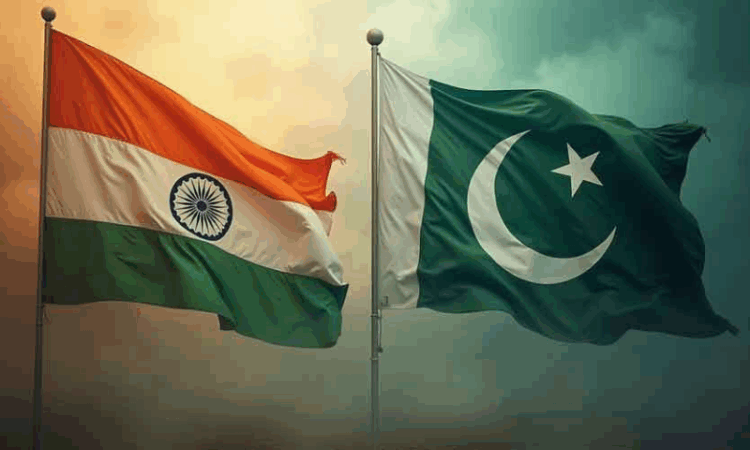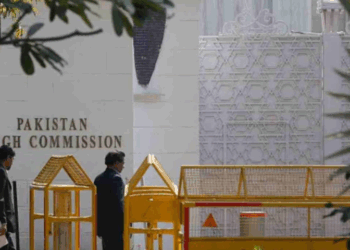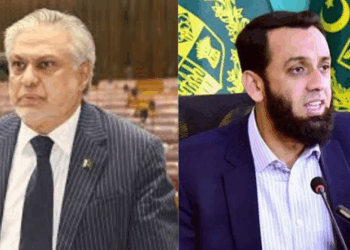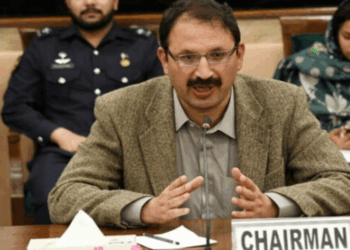Islamabad, May 12, 2025: A scheduled hotline discussion between the Directors General of Military Operations (DGMOs) of Pakistan and India to chart out the next steps following the recently announced ceasefire has been delayed, according to Indian media reports.
The conversation, which was to take place Monday, was set to bring together Pakistan’s DGMO Maj Gen Kashif Abdullah and his Indian counterpart Lt Gen Rajiv Ghai for a detailed exchange on implementing the ceasefire agreement brokered with U.S. mediation. The delay comes just two days after U.S. President Donald Trump publicly announced that both nuclear-armed neighbors had agreed to a ceasefire following four days of intense cross-border hostilities.
Initial reports had indicated that the two military officials had already engaged in a hotline conversation. However, conflicting updates from Indian media now suggest that the comprehensive dialogue has been postponed.
In a related diplomatic development, U.S. Secretary of State Marco Rubio reaffirmed Washington’s support for direct dialogue between India and Pakistan. Speaking to British Foreign Secretary David Lammy, Secretary Rubio underscored the importance of upholding the ceasefire and maintaining open lines of communication between the two countries. He also held a separate discussion with German Chancellor Friedrich Merz, where he reiterated the U.S. stance on global security issues, including the ongoing war in Ukraine.
The Pakistan-India ceasefire agreement, reached under significant international pressure, marks the most serious de-escalation since the recent outbreak of hostilities. According to Pakistan’s Foreign Ministry, the country remains fully committed to the ceasefire. “Our forces are handling the situation responsibly and with restraint,” a ministry spokesperson stated, urging all units to resolve any emerging issues through formal channels of communication.
The recent confrontation, which began with Indian strikes and resulted in retaliatory action by Pakistan, marked the most intense military clash between the two rivals in nearly 30 years. The brief but deadly conflict raised fears of a broader war in the already volatile South Asian region.
Addressing the media on Sunday, Inter-Services Public Relations (ISPR) Director General Lt Gen Ahmed Sharif Chaudhry declared the successful conclusion of “Operation Bunyan-un-Marsoos” — Pakistan’s military response to what it called unprovoked Indian aggression.
Lt Gen Chaudhry stated that the operation had achieved its objectives, targeting 26 Indian military sites and neutralizing key strategic assets, including two S-400 missile defense systems. He added that Pakistan had also downed 84 Indian drones during the operation.
“The Pakistan Armed Forces have delivered on the promises made to the nation,” he said, thanking the government for its “destiny-changing decisions” and the people for their steadfast support. He also praised the national media for its responsible role during the conflict, contrasting it with what he described as the jingoistic coverage by Indian outlets.
“Whenever our sovereignty is breached, the response will be retributive and decisive,” he declared, reiterating the armed forces’ resolve to defend the nation against all threats.
As the region now enters a fragile phase of calm, the delay in DGMOs’ dialogue underscores the complexity of translating a ceasefire into long-term peace. However, diplomatic engagement and international mediation continue to play a crucial role in preventing a relapse into conflict.







